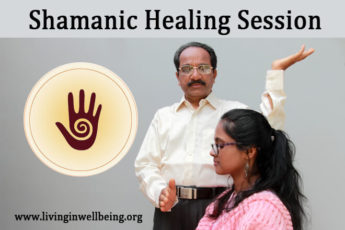
Most doctors will tell their patients prevention is the best medicine. This clich? is just another way of saying that if a person can avoid disease and illness in the first place, there is no need for medication or treatment. Though prevention of a disease is not always possible, doing what you can to improve your health can help you fight off problems. The stronger your body is the easier it will be to avoid disease and illness.
The trouble is a lot of people do not understand how prevention works. They follow the old health rules that might be outdated or not ideal for them. Prevention takes planning and many people are unwilling to take the time needed to create a preventative health plan. Not only must you determine what information is truly going to help, you must determine what your body needs and what your risks might be.
The most important preventative health tips that apply to everyone are healthy eating and exercise. No matter who you are and what health risks you face, you need to eat healthy and take time to be physically active. In order to gain the most benefits from these measures, you need to find what works best for you. If you follow a plan designed for someone else, you could damage your health or fail to gain the greatest benefits from your actions.
If you are otherwise healthy, design a basic health plan that is fun for you. The key is sticking with your plan and not giving up. To do this you need to pick something that fits your budget, your personality, and your current physical fitness level. Over time you can build up endurance, but if you overdo it initially, it can lead to injury.
Those who face current health problems will need to adjust their new workout plan to suit their physical limitations. Just because you are ill or injured does not mean you should abandon exercise. You just need to find something that works for you.
In addition to exercising, eating right is also important. Many of the nutrition tips you have learned your entire life might not be suitable for you, so it is important to speak with your doctor or a nutritionist about your nutrition needs. People have different health risks, so you need to determine what yours are and what you can do to prevent health problems. For instance, if your family has a history of weight-related illness, you need to eat in order to maintain a healthy weight. People who are at risk for mental illness need to choose foods that boost mental health. No matter what your health risks, there are diet choices you can make to reduce your risk for developing an illness.
Keeping stress in check and getting plenty of rest are also important parts of maintaining good health. Letting life drag you down with unmanaged stress and exhaustion is sure to trigger health problems. In many cases, long-term stress has fatal results. Most of the people who suffer from heart disease and other serious health problems are not only dealing with poor eating habits and lack of exercise, they are also victims of long-term stress. Managing stress and caring for your spiritual health helps keep you in tip-top shape.
If it seems as if maintaining good health takes a lot of work, it is because it does. You need to learn about your current health and your health risks. You need to learn what lifestyle changes are most important for you to make. You also need to commit to a life of healthy living. The challenge for most people is that the results are not immediate. You might spend an entire week eating right and exercising, only to find you have not lost any weight or made any changes in your health. The results of healthy living and preventative measures are long-term. You need to build a healthy life over the course of several years to prevent sickness as you get older. The stronger you are throughout your life the healthier you will be as the years pass by.
If you are looking for a surefire way to reduce your risk for illness and disease, learn about preventative health. It is the best way to feel your best, make the most of your life, and maintain good health over the course of a lifetime.












